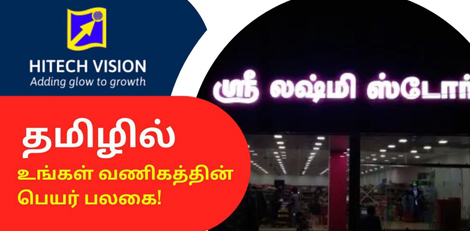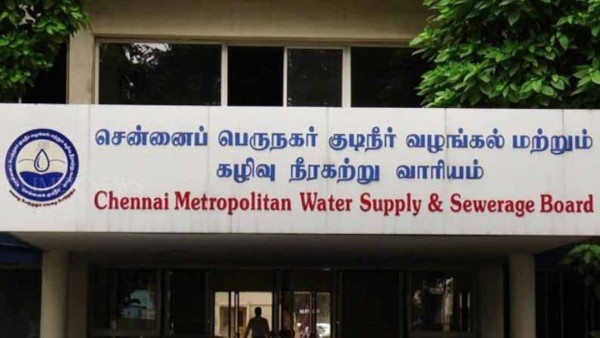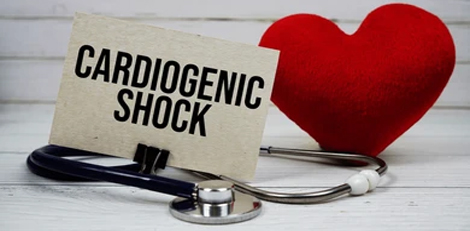Aware of sodium content of packaged foods, says study and experts
Posted on: 11/Mar/2016 9:50:06 AM

Cutting down sodium intake does not necessarily mean adding less salt to your food. Many packaged foods contain sodium and can contribute to high blood pressure over time. A recent study conducted by The George Institute for Global Health along with the Centre for Chronic Disease Control in New Delhi has found that almost two thirds of over 7000 select packaged foods had a misleading nutritional label, or did not mention sodium content at all in the labels. The study was conducted between 2010 and 2013. A paper on the study will be published later this year.
Speaking about this, a senior official of the Institute said, We studied a range of food items from drinks to snacks which most people tend to buy. Noodles and biscuits were among the foods that either did not have sodium labels or had incorrect ones.
A leading nephrologist from a city hospital says, Salt intake in the society has increased over the last few decades. The increased amount of processed food we consume, increases sodium levels and contributes to hypertension. Salt is an acquired taste. Research has shown that communities that eat more salt are more hypertensive. The allowance per day per adult of sodium is two grams, and of sodium chloride 5 grams. But the average Indian consumes between 5 and 7.5 grams of sodium or 10 to 15 grams of sodium chloride per day.
People do not realise that many foods contain natural sodium, and in addition sodium is used as a preservative. And it is not only sodium chloride you have to be careful about their forms of sodium too, can potentially cause problems. Even children eat more salt than they should. One of the primary reasons is altered diets, including packaged and fast foods like pizzas. Savouries, soft drinks, tinned and canned food including fruits, all contain various levels of sodium. With 35 per cent of the adult population in India having high blood pressure, salt reduction is a must.
An official from the Hypertension Society of India says, When you buy food outside, you must know what is in it. Pickles, sauces, ketchups, prepared mixes, potato chips, papads, biscuits, cakes, breads and pastries – all of these contain sodium. Consumers should be aware both in reading labels and in regularly checking their blood pressure.
Another senior nephrologists says that children are more vulnerable. They develop a craving for it and if taken over a long period, it can lead to hypertension when they are in the prime of their lives. All bakery products generally had high levels of salt, he says.








